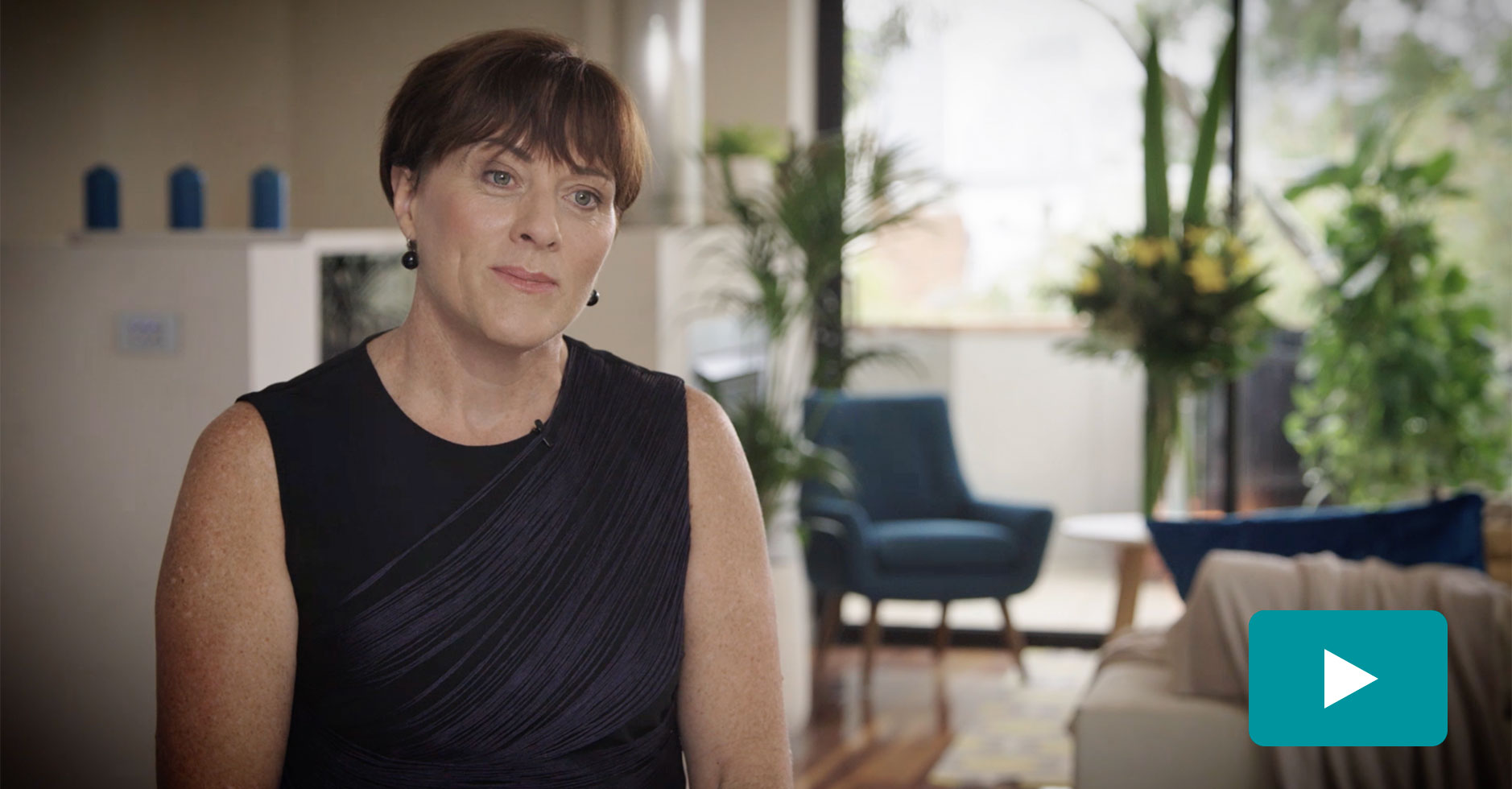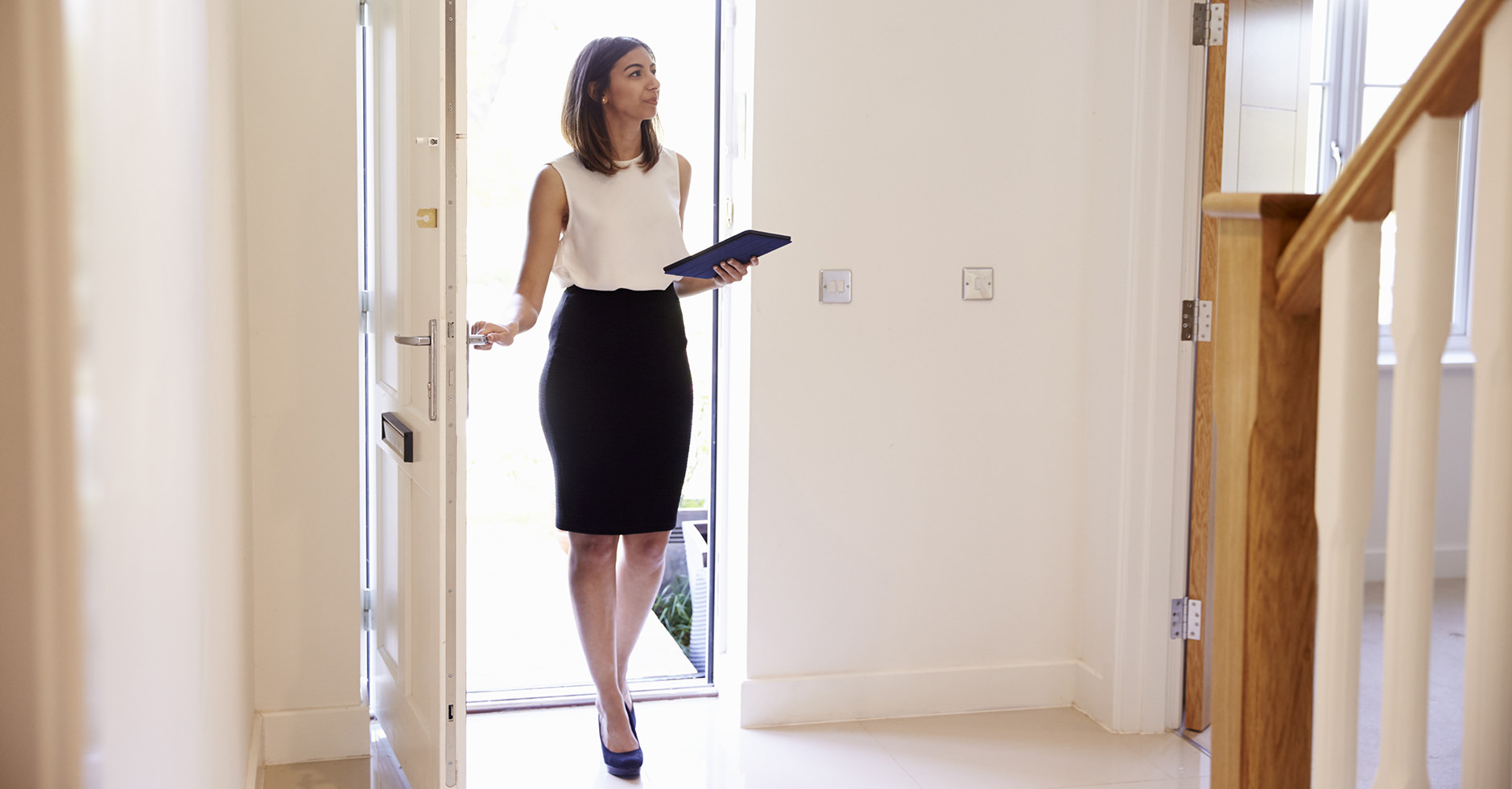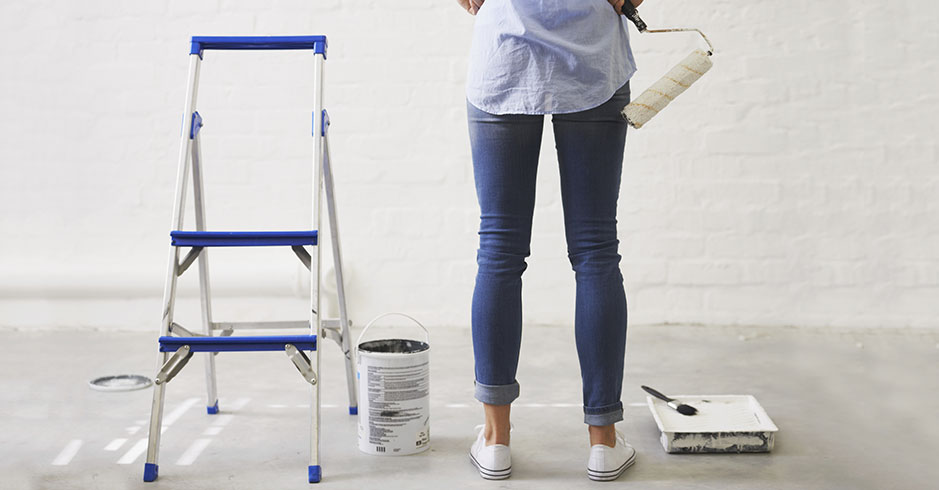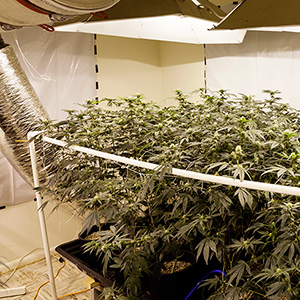It is crucial that you provide your tenant with a safe property. Find out your…
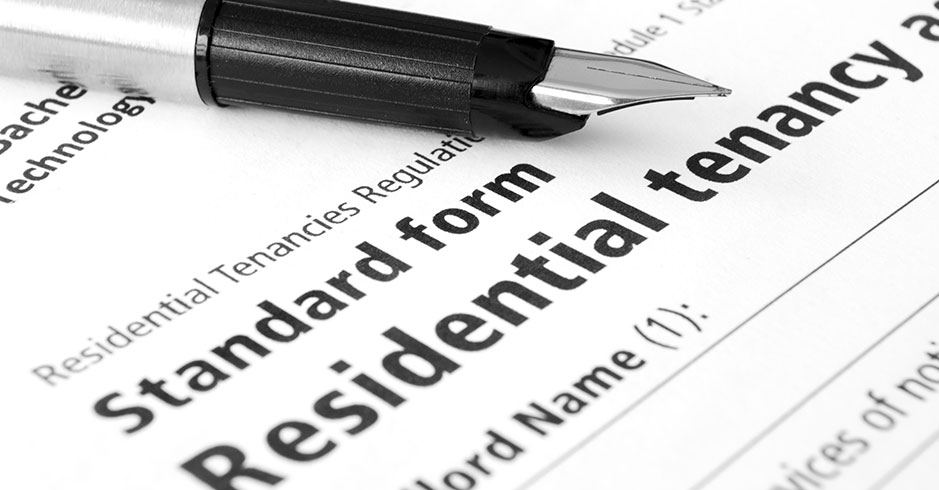
I’ve just bought my first rental property which I’ve decided to self-manage – what do I need to know?
As a new investor entering the property market, it’s important to review all factors and assess your suitability before becoming a ‘do-it-yourself’ landlord.
Self-managing an investment property may be appealing as a way of minimising costs associated with owning the property; such as the hire of a property manager. It can also give greater flexibility when selecting tenants and in making key decisions.
Managing an investment property also can be a significant time commitment.
Self-managing landlords will need to find the time to screen tenants, conduct regular property inspections, ensure rent is being paid on time and be ‘on call’ to attend to maintenance issues.
The following are some key considerations that may help you to become a successful D.I.Y landlord.
Selecting suitable tenants
One of the key responsibilities of a self-managing landlord is to select suitable tenants to live at their property.
The relationship a landlord forms with their tenant at the start of the tenancy may shape the success of the lease.
During the screening process it is important to thoroughly check potential tenants’ references.
Speak with previous landlords and ask specifically whether they had any issues with the tenant in the past.
Carrying out regular inspections
It’s essential to ensure your tenants are holding up their end of the bargain and looking after the property as outlined in the lease agreement.
Regular inspections are a way to ensure there is no property damage taking place, and if it has, prevent it from escalating and becoming very costly to repair.
While property inspections may seem like a daunting task for first-time landlords, making them a priority can help to protect your investment and ensure it remains profitable.
It is recommended property inspections be conducted before the tenant enters the property, every three to four months while tenanted, and at the end of the tenancy.
Attending to maintenance issues promptly
Property maintenance is another responsibility that is typical for landlords who self-manage their investments.
You must be able to respond to these issues promptly. A delayed response may leave you susceptible to legal liability claims if the tenant is injured as a result of a failure to meet obligations as landlord.
Likewise, landlords are usually required to act quickly to resolve issues that affect the enjoyment of your tenant’s stay, such as a broken hot water service, faulty electricity and blocked drains.
Appropriate insurance cover
A specialised form of landlord insurance is essential – regardless of whether you choose to self-manage or appoint a property manager.
A sound insurance policy should cover landlords for tenant damage, their legal liability and the loss of rental income.
A standard building and contents insurance policy generally won’t cover landlords for these risks.
Check your insurance policy and seek professional advice to ensure you have the appropriate coverage.
– Carolyn Parrella, Head of Niche Distribution, Suncorp Group
Disclaimer:
Insurance issued by AAI Limited ABN 48 005 297 807 AFSL 230859 trading as Terri Scheer. Read the Product Disclosure Statement before buying this insurance and consider whether it is right for you. Contact Terri Scheer on 1800 804 016 or visit our website at www.terrischeer.com.au for a copy. The Target Market Determination is also available.
The information is intended to be of a general nature only. Subject to any rights you may have under any law, we do not accept any legal responsibility for any loss or damage, including loss of business or profits or any other indirect loss, incurred as a result of reliance upon it – please make your own enquiries. This article has been prepared without taking into account your particular objectives, financial situation or needs, so you should consider whether it is appropriate for you before acting on it.

